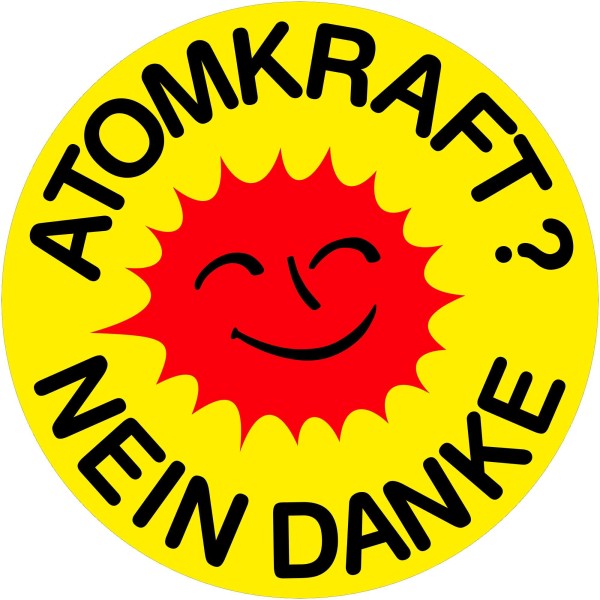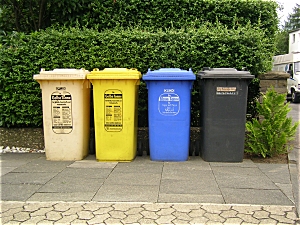The Volunteer’s Blog
Daily Life #1: Environmental issues
I am used to having four garbage bins at home – one for plastic and packages, one for paper, one for organic waste and one for all the rest. And there are always exceptions. For example banana peels and most non-edable fruit peels don’t go in organic waste, except for nuts and local products. A package out of carton doesn’t go with other packages, but with paper. However if it has plastic content, you have a problem. And now think of a half full carton of organic yoghurt, apple flavour, with pieces of fruit that is paper outside and plastic inside…
Plastic bottles are always recycle ones, of course, and even some glass ones. You bring these back to the shop to get back a bit of money. However if you then need a plastic bag at the shop, you might spend all your freshly earned money from dutifully recycling all your plastic bottles for a plastic bag. Like in most European countries, they are not free. Out of our system of recycling a little economic network has developed – on all major public events some homeless people will ask you for empty bottles. It’s their way of earning a bit of money.
Environmental protection is of course also an important part of German politics. Since the CDU (Christian Democratic Union) with our chancellor Angela Merkel has decided to put all atomic power plants out of service by 2022 after the catastrophe of Fukushima in 2011, we hear the words „Atomausstieg“ (engl.: nuclear phase-out) and „Energiewende“ (engl. Energy tunaround) a lot on the news. It means that with only nine remaining atomic power plants a lot of money needs to be invested in building up a working system of wind and solar energy plants. Of course, while most people seem to support this step, it’s still a controversial topic and origin of many political debates. – And ironically, while trying to be super environmentally friendly, Germany still imports the biggest part of mineral oil and gas from Russia…
But I don’t want to say that no one cares about the environment in Russia. In fact, there are more public garbage bins in Cheboksary than there are in my hometown. And thanks to the daily work of дворники, you will not find a single piece of garbage on public gardens here. Also, I have seen a lot of people reuse their old plastic bags, and in some shopping malls you will even find some divided garbage bins. And then there are projects like Sodrujestvo’s ecological workcamp „Clean City – Чебоксары чистый город“. Still, whenever I throw a plastic bottle to the garbage here, I always feel a bit guilty, as for years I was taught about piles of garbage taking years to decay, about garbage islands in the oceans and sea animals suffocating because of floating plastic bags and debris.




Комментарии закрыты.